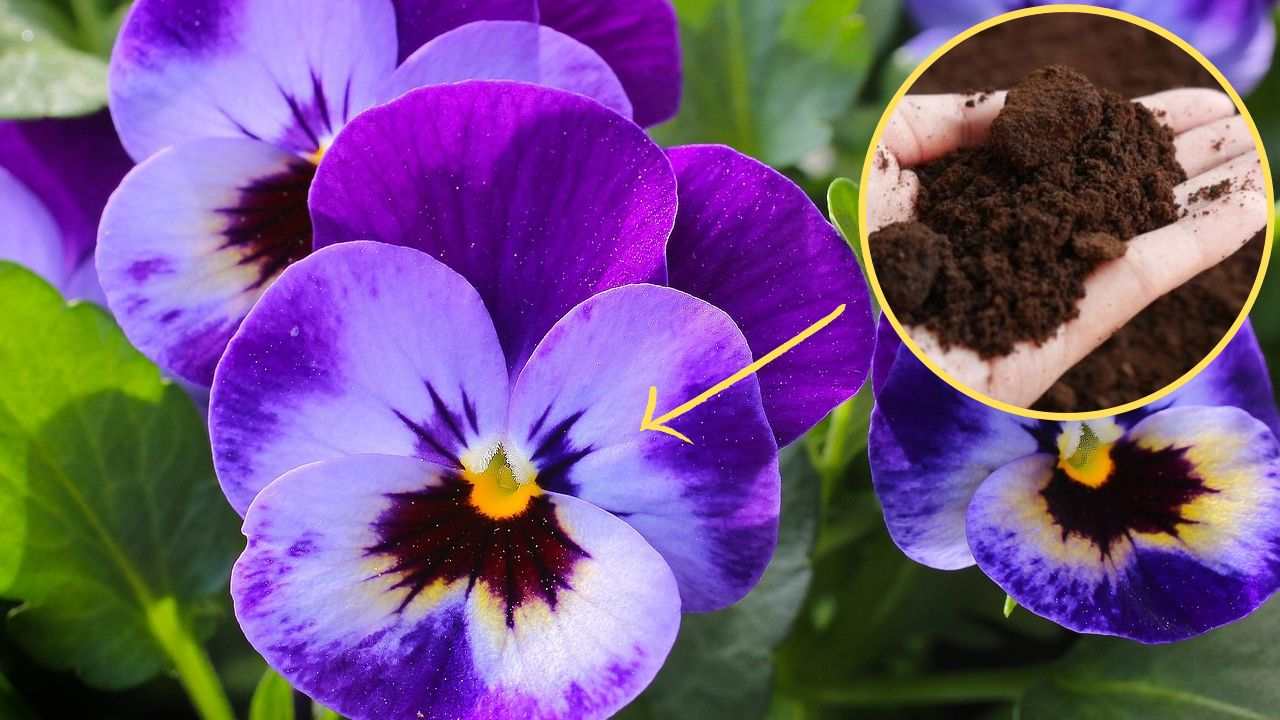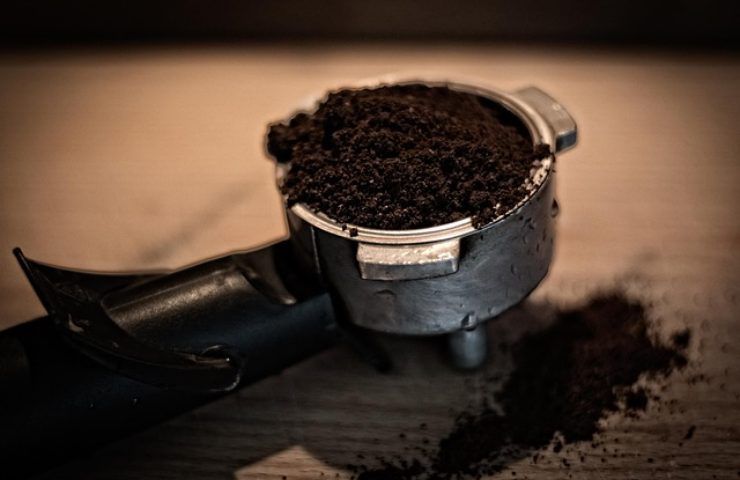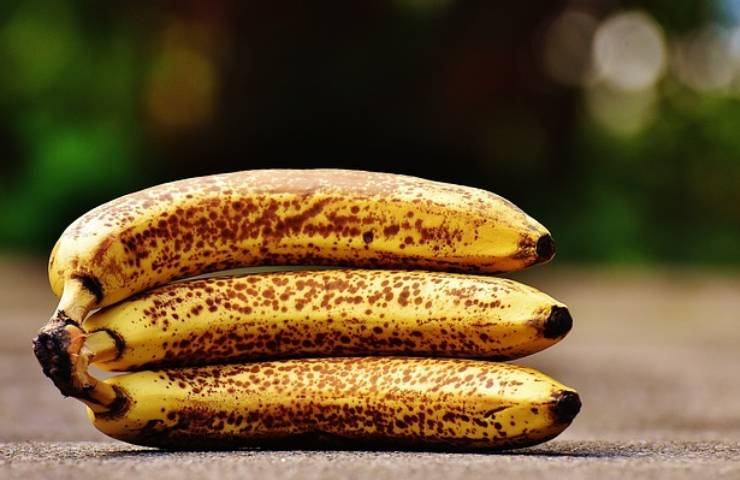Elevate Your Garden with Coffee Grounds: A DIY Fertilizer Guide

Welcoming Spring with a Flourishing Garden
As spring graces us with its presence, the anticipation of witnessing our garden in full bloom after the winter pruning becomes a delightful prospect. Gardening enthusiasts understand the significance of providing nourishment to plants as spring unfolds, fostering their growth, lushness, and abundant flowering, resulting in a garden that becomes the envy of all.
Exploring DIY Fertilizers for Thriving Plants
While a myriad of fertilizers floods the market, tailored for specific plant types, there exists a world of DIY fertilizers that are both economical and potent. Often overlooked, household waste can be repurposed into powerful fertilizers, rivaling store-bought alternatives. A prime example is the humble yet versatile coffee grounds.

Transforming Coffee Grounds into Fertilizer
Creating a DIY fertilizer with coffee grounds is remarkably straightforward, offering a nutrient-rich compost for your plants. To harness this natural resource, crumble the coffee grounds directly onto the soil. Alternatively, infuse them in a liter of water and use the concoction for watering your plants. This simple method yields a cost-effective and eco-friendly fertilizer, ensuring your garden thrives without breaking the bank.
Beyond Coffee Grounds: Unveiling Other DIY Fertilizers
Coffee grounds, however, are just the tip of the iceberg when it comes to repurposing food waste into plant nourishment. Banana peels, for instance, serve as excellent natural fertilizers. Macerate them in water for approximately two weeks and then use the resulting solution to water your plants.
Fruit and vegetable scraps can be directly inserted into the soil, contributing valuable nutrients. Crushed eggshells not only enrich the soil but also act as a deterrent for snails. For those with a home composter, the composted material becomes a treasure trove for fertilizing the garden naturally and healthily, sans any cost.

Embracing DIY fertilizers promises an increasingly lush garden, proving that nurturing your plants need not be an expensive endeavor. As you integrate these eco-friendly practices, your garden will flourish, becoming a testament to the beauty of sustainable gardening.
